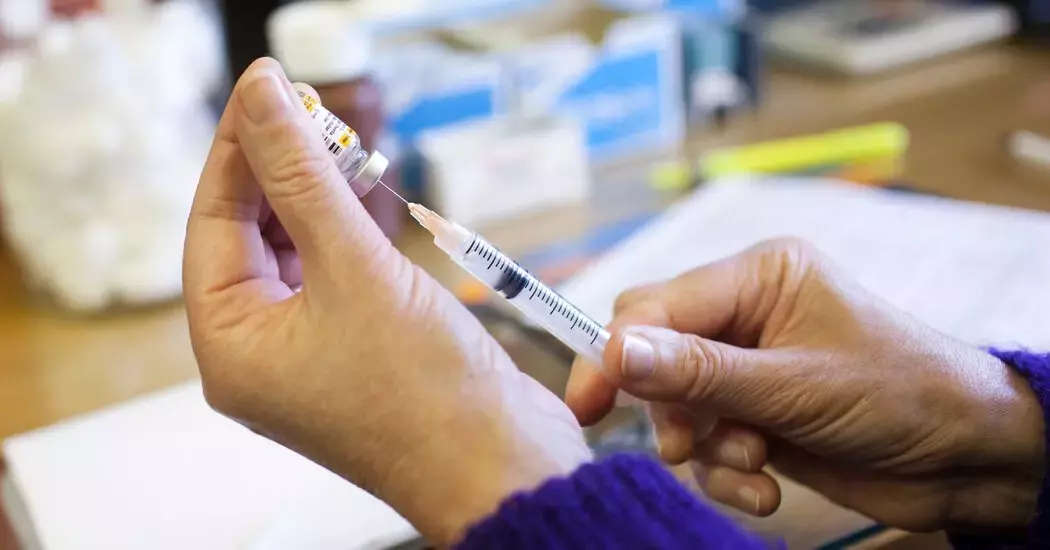
In recent years, the decline in vaccination rates has led to a concerning resurgence of preventable diseases. While unvaccinated individuals are particularly at risk, even those who received vaccinations in the past may not be fully protected. The most alarming example is the significant increase in cases of whooping cough, with over 32,000 reported instances in 2024—the highest number in a decade. In California alone, nearly 2,000 people were affected by this disease between January and October last year. This trend highlights the broader issue of disrupted childhood immunizations due to the pandemic, leaving hundreds of thousands of children vulnerable to illnesses that were once considered historical.
Pertussis Outbreak in California: A Microcosm of Broader Public Health Challenges
In the midst of a golden autumn, California faced an unprecedented health crisis as whooping cough, or pertussis, re-emerged with alarming frequency. Over 2,000 cases were recorded within the first ten months of the previous year, with more than 60 infants under four months requiring hospitalization. Tragically, one young life was lost. This outbreak serves as a stark reminder of the consequences when vaccination rates plummet. The disruption caused by the pandemic has significantly impacted routine childhood immunizations, leading to increased vulnerability among children to diseases like measles, mumps, and rubella. Experts warn that if this trend continues, infectious diseases could resurface across all age groups within a couple of years.
The situation extends beyond just the unvaccinated population. Adults who received vaccines decades ago may also find their immunity waning, making them susceptible to what were once considered childhood illnesses. Dr. Pejman Rohani, an infectious disease epidemiologist at the University of Georgia, emphasizes the urgency of addressing this issue, stating that outbreaks are inevitable unless vaccination rates improve.
From a journalist's perspective, this story underscores the critical importance of maintaining high vaccination rates to protect public health. It serves as a wake-up call for communities and policymakers to prioritize immunization programs and combat misinformation that contributes to declining trust in vaccines. Only through collective action can we prevent history from repeating itself and safeguard future generations from preventable diseases.
